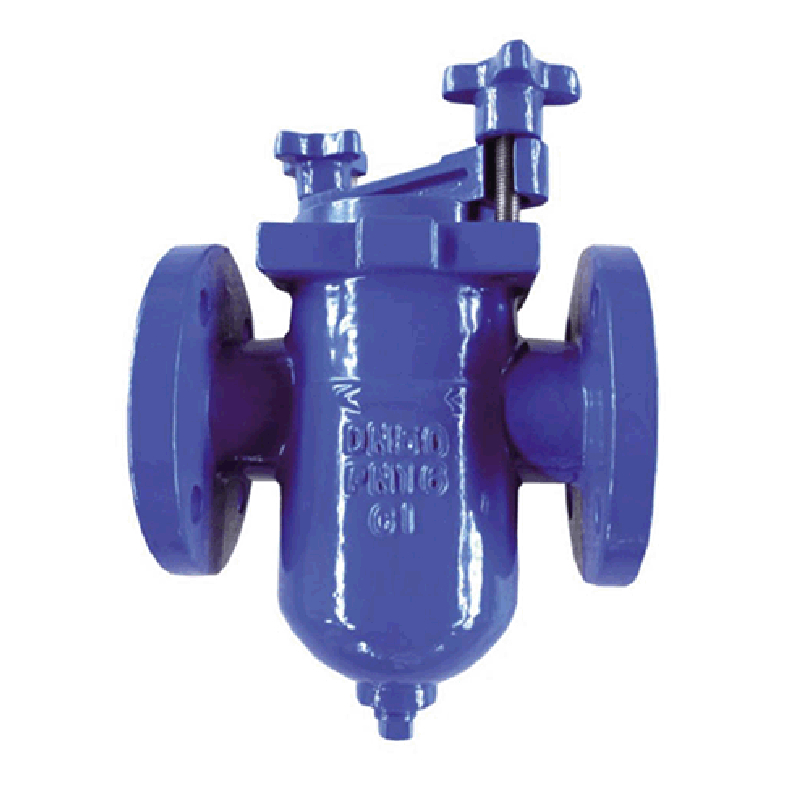វិច្ឆិកា . 26, 2024 03:24 Back to list
industrial ball valve
Understanding Industrial Ball Valves A Comprehensive Overview
Industrial ball valves are critical components in various fluid control systems across a multitude of industries. Their design, functionality, and reliability make them essential for managing the flow of liquids and gases in pipelines. This article delves into the intricacies of industrial ball valves, highlighting their features, benefits, applications, and maintenance considerations.
What is an Industrial Ball Valve?
A ball valve is a type of quarter-turn valve that uses a spherical disc, known as a ball, to control the flow of fluid through it. The ball has a hole or port through its center, which aligns with the flow when the valve is open, and perpendicular to the flow when closed. This simple yet effective design allows for quick operation and a tight seal, making ball valves highly effective for on/off control.
Types of Industrial Ball Valves
Industrial ball valves come in various types, each suited for specific applications
1. Floating Ball Valve In this design, the ball is held in place by the pressure from the fluid. This pressure allows the ball to form a tight seal against the valve seat, making it ideal for low-pressure applications.
2. Trunnion Ball Valve The trunnion ball valve features a ball that is anchored by bearings at the top and bottom, allowing it to rotate freely. This design is more suitable for high-pressure and large-diameter applications, as it minimizes the operational torque needed to open or close the valve.
3. Full Bore vs. Reduced Bore Full bore ball valves provide a complete opening, allowing for unrestricted flow, while reduced bore valves have a smaller port, which can restrict flow but typically cost less and are lighter.
Advantages of Ball Valves
Several advantages make industrial ball valves a popular choice
- Durability Ball valves are designed to withstand harsh conditions, including high temperatures and pressures, making them suitable for demanding industrial environments.
- Low Pressure Drop Due to their design, ball valves typically offer lower resistance to flow compared to other valve types, resulting in minimal pressure drops.
- Quick Operation The quarter-turn mechanism enables rapid opening and closing, which is particularly beneficial in emergency shut-off situations.
industrial ball valve

- Sealing Capability Ball valves provide an excellent seal, reducing the risk of leaks and ensuring reliable operation. They are engineered to retain their sealing properties over time, reducing maintenance needs.
Applications of Industrial Ball Valves
Industrial ball valves find applications in a variety of sectors
- Oil and Gas Industry These valves are integral in upstream and downstream processes, including drilling, transportation, and refining of petroleum products.
- Chemical Processing Ball valves are crucial in controlling the flow of aggressive chemicals and ensure safety and reliability in production processes.
- Water Treatment In municipal and industrial water treatment facilities, ball valves help regulate and control water flow, ensuring efficiency and compliance with environmental standards.
- Power Generation Used in power plants for steam and cooling water applications, ball valves play a vital role in energy production and management.
Maintenance and Care
While ball valves are known for their durability, regular maintenance is essential to ensure optimal performance
- Inspection Regular inspections help identify wear and tear or potential leaks. Visual checks for damage, corrosion, or debris build-up are crucial.
- Lubrication Maintaining proper lubrication on the stem and seat can improve the valve's functionality and longevity.
- Testing Periodic testing of the valve under operating conditions helps ensure functionality and safety, especially in critical applications.
Conclusion
Industrial ball valves are indispensable tools in fluid control systems, providing efficiency, reliability, and safety across various industries. Their robust design and functionality make them suitable for a wide range of applications, from oil and gas to water treatment. Understanding the types, advantages, and maintenance requirements of these valves is essential for professionals in engineering and operations within industrial settings. As industries evolve with advanced technologies, the significance of ball valves will continue to grow, ensuring they remain a cornerstone of effective fluid management.
Share
-
Reliable Wafer Type Butterfly Valves for Every IndustryNewsJul.25,2025
-
Reliable Flow Control Begins with the Right Ball Check ValveNewsJul.25,2025
-
Precision Flow Control Starts with Quality ValvesNewsJul.25,2025
-
Industrial Flow Control ReliabilityNewsJul.25,2025
-
Engineered for Efficiency Gate Valves That Power Industrial PerformanceNewsJul.25,2025
-
Empowering Infrastructure Through Quality ManufacturingNewsJul.25,2025